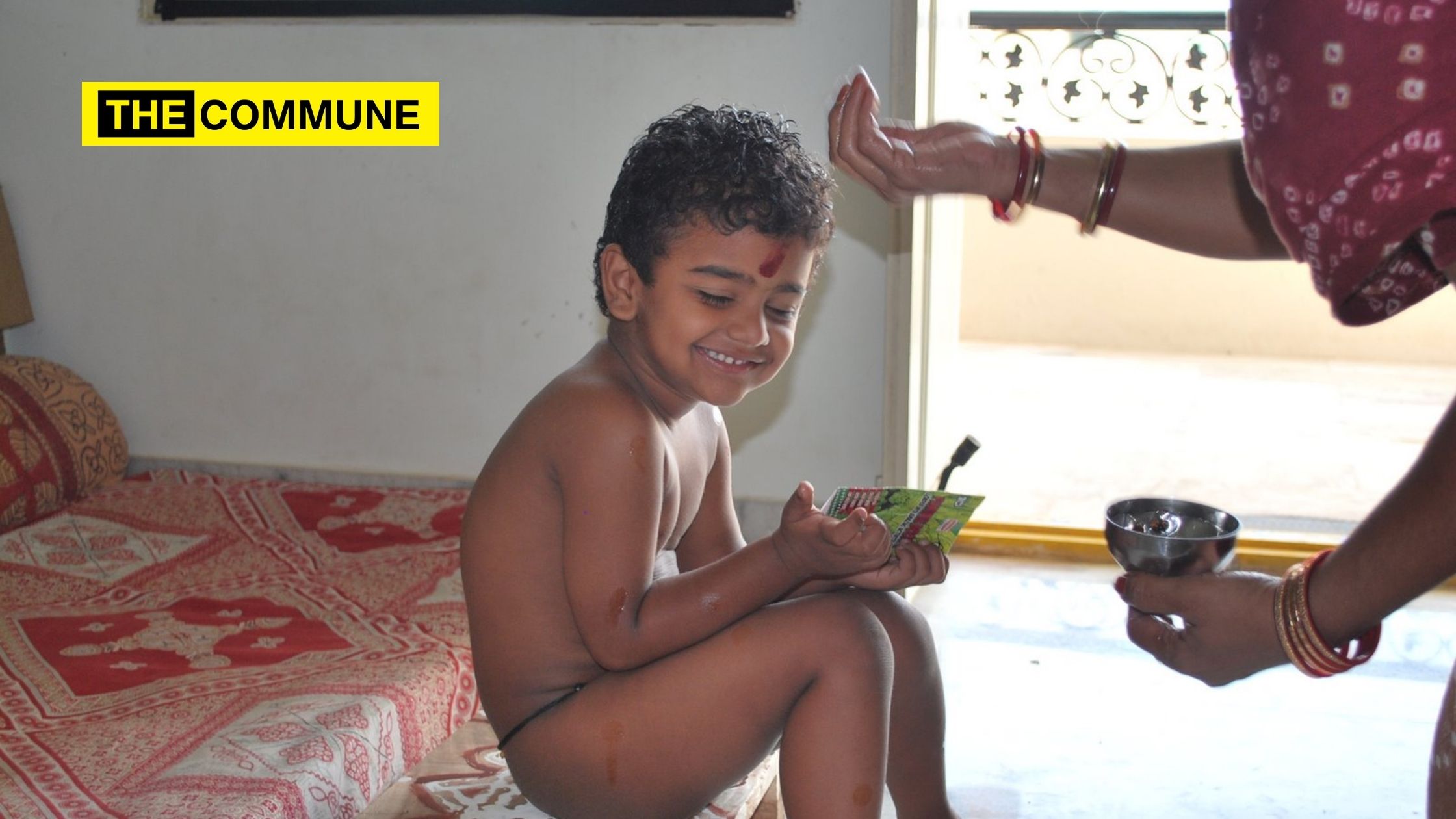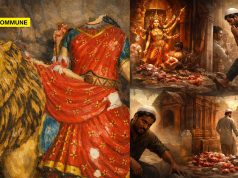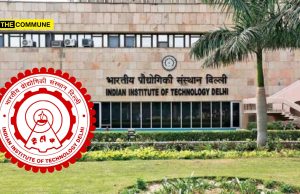
Deebavali in the southern part of the state especially in Tamil Nadu begins with an oil bath before sunrise.
The oil is heated with turmeric, betel leaves, pepper, and carom seeds. It is offered to Goddess Lakshmi (neivedhyam) and the eldest lady of the household puts gingelly oil and massages on the heads of all family members. Then shikakai (a mix of powdered herbs) is used to wash off the oil. This bath on Deebavali day is termed holy because it is considered as sacred as bathing in the river Ganga.
They then wear new clothes, pray, burst firecrackers, enjoy the sweets and savouries prepared, call up friends and relatives to exchange greetings and settle down to watch ‘pattimandram’ helmed by Solomon Papaiyya on Sun TV.
But what is the significance of taking an oil bath on the day of Deebavali? The answer to this is in the Charaka Samhita, the treatise on Ayurveda.
Symbolically oil bath means a new start by eliminating all evil within and outside the body. It is also said that goddess Mahalakshmi is said to be present in sesame plant, thereby making sesame auspicious.
With respect to health and well-being, sesame oil is considered as a body coolant that reduces heat from the body. It is also said to increase blood circulation. Not only does it moisturize the body, but also enables removal of environmental pollutants and toxins from the skin apart from removing dead cells.
Before the oil is applied on the head and body, the feet of all in the family, especially the newly wed couples, are coated with a paste made of turmeric and limestone powder, locally called Chunnambu / Chuna.
When mixed using water, the limestone causes the turmeric to turn red in colour. Lines are drawn around the soles of the feet and ankle with this red paste which then leave behind a coloured pattern on the feet even after washing away.
This is called Nalangu and is associated with auspicious events. Nalam means good, well being. Nalangu is one of the first ritual in the series of wedding rituals, where the paste is applied individually to the bride and the groom in their respective homes and they are made to undergo the ritual oil bath before their wedding day.
But one will be amazed to learn as to why this practice of Nalangu was instituted at all? It is a wonderful way to provide relief to ensure that the person can withstand the standing and running around to be done as part of the ensuing celebrations.
Thus, Naraka Chaturdasi has been an important aspect of the Deebavali festivities throughout India. A mix of limestone and turmeric is used by many even today, as home remedy to treat swelling and pain, especially around joints. What could be a better way to treat tired feet and aching ankles after hectic activity that typically precedes preparation for any festival or celebration?
Deebavali is the that many Indians look forward to. This year it is all the more necessary to keep up the festive spirit and an oil bath is meant to ignite that spirit.
(Excerpts from the book ‘Deepavali’ which is part of the series ‘Autobiography of India’ brought out by Bharath Gyan. For more information, visit www.bharathgyan.com)




